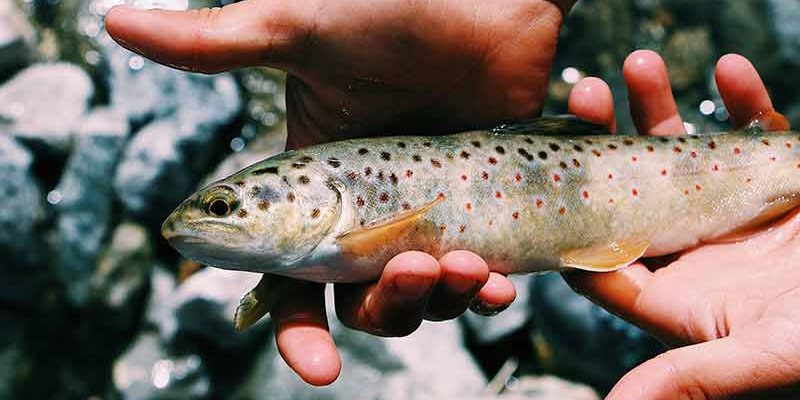
The good news about finding a job in conservation today
Getting a job in conservation field is a great way to contribute to the world and help protect our planet. It is a great career choice for those who love outdoor activities and the environment. There are many different types of conservation jobs, ranging from field research and monitoring to policy making, education and outreach.
But wanting a job in this field, and actually getting a full-time one can be challenging.
The good news is that in 2023 your odds are actually better of getting a job in this field. It’s no secret that many employers in the post-Covid landscape, including those in the conservation field, are having to work even harder to attract potential workers. The tables have flipped on employers and it’s now a job seekers market. That bodes well for qualified applicants.
To succeed in this field, it is important to have a strong background in ecology, biology, and natural resource management, as well as knowledge of the legal and socio-economic aspects of conservation. You should also have a passion for the environment and the ability to communicate effectively with the public.
You can find jobs in conservation in the public and private sectors, as well as in research or teaching institutions. If you’re really ambitious and have the funds, it is also possible to start your own company related to conservation or outdoor activities.
Flexibility is important
To get a job in the conservation field, it is important to stay up to date on current environmental issues as well as new technologies, laws and regulations. Networking with other conservation professionals is also essential. You can attend meetings, conferences and workshops to make connections and gain valuable experience.
Finally, it is important to be flexible and willing to accept different types of jobs in order to gain more experience. With hard work, dedication and passion, a job in conservation can be extremely rewarding.If you’re looking to break into the world of conservation, the first step is to identify a job that interests you. Research the different roles in the field such as wildlife management, conservation law, environmental education, and habitat restoration. Each of these jobs requires a different skill set and depending on your experience or interest, you may be a better fit for one job than another. Once you have identified your role, start researching requirements and the qualifications needed for the job.
Next, you should start to tailor your resume and cover letter to the conservation field. Highlight any areas of expertise that would be useful in the job. Make sure to emphasize any experience you have had related to the field, from volunteering to taking courses.
The next step is to network as much as you can. Connect with people who are already working in the industry, attend conferences, and join relevant professional organizations. This is a great way to learn more about available opportunities, and make connections for future job prospects.
Be strategic
Finally, practice your interview skills, and body language in interviews so you are conveying confidence. Identify potential employers, and prepare yourself for the questions you may be asked in the interview. You may also want to consider brushing up on conservation topics, such as current conservation efforts or the different types of habitats.
It’s also worth remembering that a job that pays $20/hr to start and has lots of variety in a typical workday, and offers you a faster track to gaining more field experience might fast track your career more than another job that pays $28/hr. Being a strategic is a huge part of growing a career in the conservation field. Most successful biologists and ecologists can tell you all about how being strategicmade a difference in their careers.
Getting a job in the conservation field can be challenging, but with dedication, determination and the right mindset, flexibility, patience, knowledge and education, you’ll increase your odds of breaking into this field and climbing the ladder.
- Job Interviews: Crafting Your Response to “Where Do You Want to Be in Five Years?” - June 15, 2024
- How Contract Jobs Pave the Way to Full-Time Positions in Conservation - April 26, 2024
- Career Help: How to Gain Experience in Conservation Field - February 23, 2024



